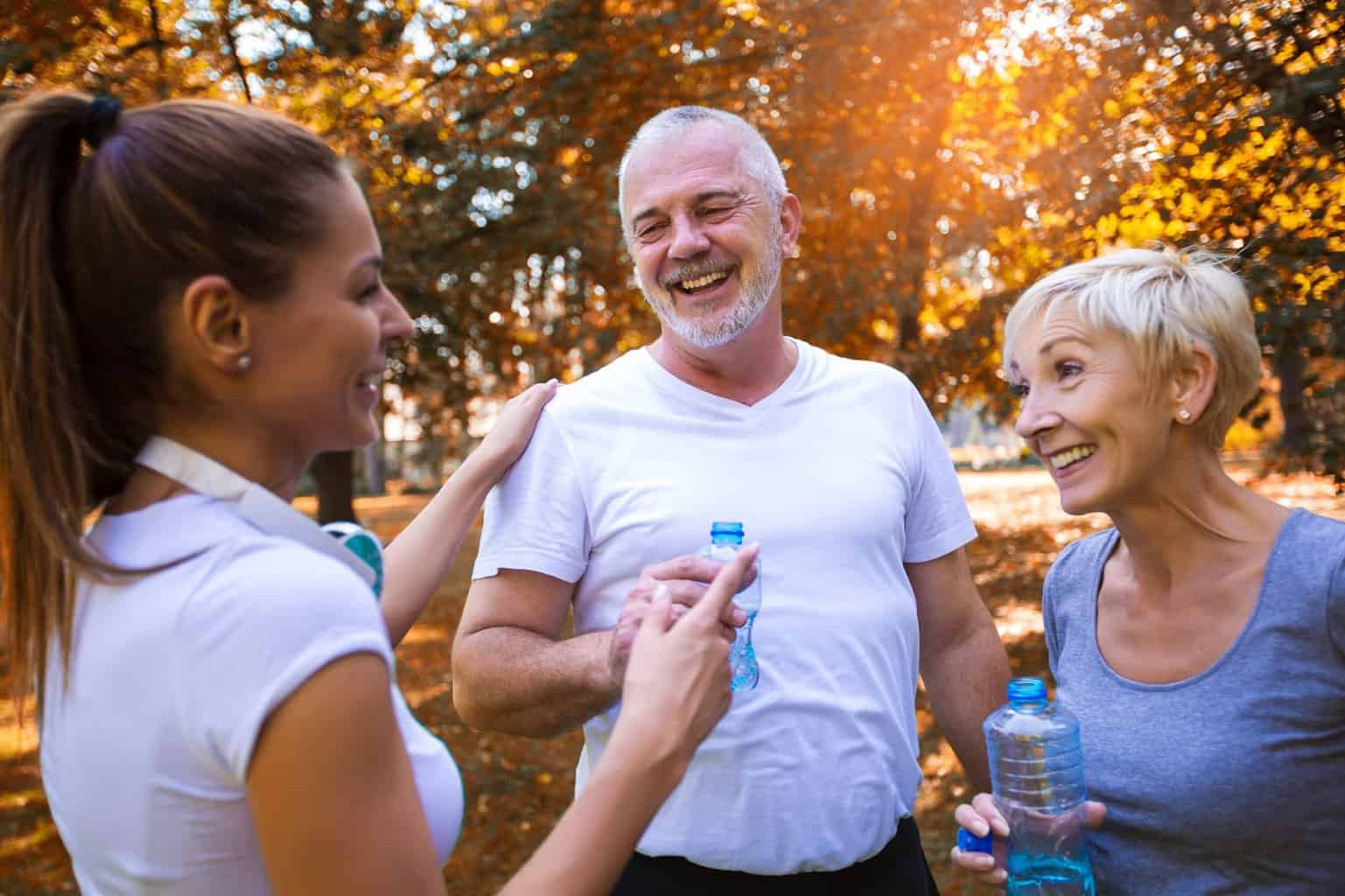
In 30 seconds or less, she’ll be covered in her own juices…

Unsubscribe | Report as spam | Change email preferences
—-Important Message—-
Push this 1 spot inside a woman and watch what happens
One woman is being touched this way and she releases a stream of juices gushing out like a high-powered sprinkler…

The only thing that keeps her from losing consciousness is another wave of prickling pleasure seizing control of her body…
Soon she’s completely overcome with yet another gripping climax…
And then another… and another after that…
Until she collapses like jello, a wet puddle of her juices soaking the bed sheets…
Here’s how to do this to your wife or girlfriend in just 30 seconds
———-
Shocking new danger of taking this OTC pain reliever
It’s well known that Tylenol (acetaminophen) can damage your kidneys if you take too much of it.
But what’s less well known is that NSAIDs like Advil and Aleve can ALSO damage your kidneys.
This is shocking news, especially since so many people take these treatments daily.
Because NSAIDs are available over the counter, most people view them as safe.
But safety is not guaranteed and NSAIDs – while useful – do have their own set of risks.

A study published in JAMA looked at 764,228 Army soldiers.
What was found is that people who took just 7 doses of NSAIDs per month had a higher risk of kidney disease.
“In this cohort study of 764,228 US Army soldiers, ‘scripts’ of more than 7 daily defined doses of nonsteroidal anti-inflammatory ‘treatments’ per month were associated with modest but significant increases in the adjusted hazard ratios of acute and chronic kidney disease diagnoses.”
7 doses over the course of a month isn’t all that much.
That’s taking 2 Advil for headaches twice a week!
The additional risk of kidney problems wasn’t super high, but it’s high enough to be called a “modest but significant” increase.
This is the first study to show that NSAIDs create risk for young and middle-aged adults.
The study’s authors are recommending that doctors are aware of these risks.
“[Doctors] should be cognizant of potential kidney disease risks associated with higher doses of nonsteroidal anti-inflammatory ‘treatments’ among active young and middle-aged adults; dosage reduction represents an approach that may decrease associated kidney disease outcome rates.”
To me, doctor’s being aware of the risks of NSAIDs is problematic…
…because most of the time people take these treatments over the counter and not as an Rx.
I think that the general public needs to be aware of these risks!
This isn’t the only study to link NSAIDs with kidney problems.
A meta-analysis showed that NSAID use created a significant risk of kidney problems and that traditional NSAIDs like the ones that people take over the counter can cause these problems.
“Five studies were identified and included in our data analysis. Pooled risk ratios were calculated for seven traditional NSAIDs and two specific COX-2 inhibitors, including indomethacin, piroxicam, ibuprofen, naproxen, sulindac, diclofenac, meloxicam, rofecoxib and celecoxib that were evaluated in at least two studies. Our meta-analysis was able to demonstrate a statistically significant elevated AKI risk among most of the included traditional NSAIDs.”
I want you to notice that both ibuprofen (Advil) and naproxen (Aleve) are on this list along with other Rx NSAIDs.
In addition to kidney problems NSAIDs can also increase the risk of ED.
Non-aspirin NSAID use was associated with an increased risk of mild/moderate ED (HR 1.16; P = 0.02)
What this means is that the NSAID treatments that most people consider safe and that are available over the counter…
…may not be as safe if they are taken on a regular basis.
Personally, I try to avoid NSAIDs – except for aspirin.
I do take them occasionally if I really need to, but overall I don’t take them often or regularly.
Big Pharma likes to convince people that their products are safe.
Especially the ones they sell over the counter.
But pretty much all treatments have risks and it’s important that you know what they are BEFORE you take the treatment.
That way you can make an informed decision.
—-Important Message About Treating Pain Safely—-
This natural mineral blasts away pain like the strongest opioid available

I call it the Healing Element…
And the reason it works so well at eliminating arthritis and joint pain is because it targets the root cause of this pain.
The Healing Element reduces the enzymes that trigger an inflammatory response inside the joints that lead to pain, stiffness, and soreness.
It also helps the body hold onto essential minerals like calcium and vitamin D that keep your bones and cartilage intact.
In one major study, this Healing Element reduced arthritis cases by more than 60%.
And most of the men in the study reported less pain in just 3 days!
The men who only had small traces of this Healing Element in their body were more likely to suffer from arthritis.
And over 71% of arthritis sufferers greatly improved in just a short time thanks to this natural remedy!
Here’s how to start using this Healing Element as soon as today
———-

